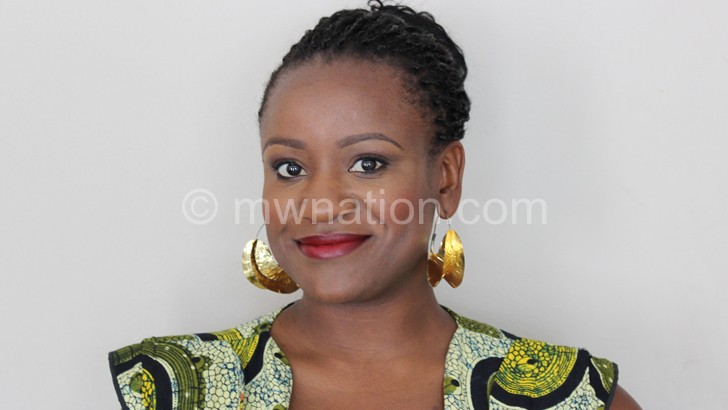Going for broke
- Malawian makes headway in SA’s film industry
For Malawian film specialists, it is a dream to rub shoulders with celebrated Hollywood stars. The dream is even more exciting when the name in question is Denzel Washington.
Tamara Gondwe-Sheraton, a Malawian living in South Africa, lived that dream.

In 2010, she worked as a production assistant on the movie Safe House starring Washington and Ryan Reynolds.
Apart from that, she has written several scripts for Penguin Films.
Some of them include the 2008 South African Film and Television Award winner Which Way, a travelogue that explored South Africa’s historical and natural sites; Tell Me Something, a teen talk show; and HecticNine9, a live teen magazine show located in Cape Town.
“Working with Washington was a very exciting experience; getting to work on an international film set and getting to see all aspects of what it takes to put a motion picture together. It was this experience that signalled my preference for TV production,” she said in an interview after visiting her parents in Mzuzu last week.
Safe House is a 2012 American action thriller film directed by Daniel Espinosa. Filming took place in Cape Town, South Africa in 2010. But it was released on February 10 2012 in US theatres by Universal Pictures.
Gondwe-Sheraton, a sister to poet Chigo Gondwe-Chokani, was part of the crew shooting and producing the movie.
She has grown up in South Africa where she did most of her education.
Gondwe-Sheraton was educated at the University of Cape Town where, while in her second year, was awarded a bursary to study at Wellesley College in the US.
“This really helped to broaden my horizons with regards to how other countries perceive Africa and Africans. It quickly dawned on me that most representations of Africans and our lives, in the media, were reduced to grim news bulletins or simplistic depictions of our cultures and customs.
“Though there were a few prolific African storytellers in the film industry, they didn’t and couldn’t represent an entire continent. So, I decided to join the movement of writers and artists who were telling African stories,” she said.
On her return, Gondwe-Sheraton joined the Penguin Films as a production assistant. She worked her way up to head script writer.
“Finding that I had reached a ceiling as a young, black, female writer in the industry; in 2009, I set out to add to my credentials at New York Film Academy in New York, specialising in screen writing. On my return in 2010, the first opportunity that presented itself was to work on Safe House,” she said.
“Since then I’ve worked as a freelance writer for various South African dramas and sitcoms such as Saints and Sinners and Forced Love.”
As a freelance writer, Gondwe-Sheraton says she has enough time to pursue other artistic interests such as designing, particularly establishing Zathu Fashion Label as a business she launched last month.
“Through all of these ventures, I have remained true to my goal of telling African stories using different mediums. In fact, it’s been quite exciting moving into a field [fashion] where I am quite a novice, and challenging myself to use my other gifts and talents in a way that not only represents me as an artist but my heritage as a Malawian,” she said.
Gondwe-Sheraton traces her talents to her upbringing. She says her parents had been supportive in developing a reading culture in all their children.
“There has always been a strong culture of reading in my family and I’m blessed to have a mother who always encouraged and championed my creative side. Coupled with the opportunities I had to live in different countries both on the continent and abroad, the exposure to different cultures, languages and people has been instrumental in shaping my artistry,” she said.
Her advice to Malawi, if her industry is to mature, is that there should be a strong emphasis and deliberate effort to invest in the training and development of young talent “both behind and in front of the camera”.
She says South Africa has a fast developing film and television industry because there is a great value placed on the role of media in national and cultural development.
“While there is a lot of imported content in movie theatres and on TV screens, there has been a great effort made to develop local content that speaks to a diverse South African audience,” she said.
When that is done, possibly, more dreams will be lived.





